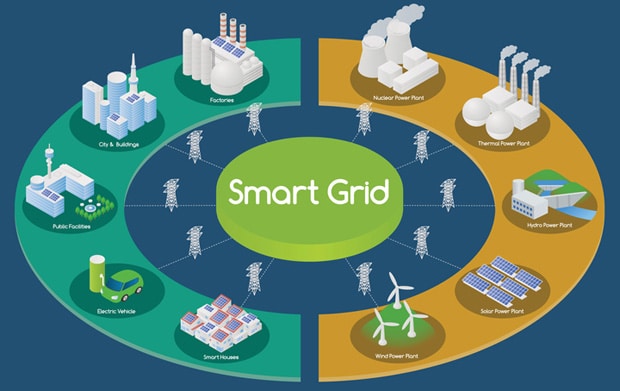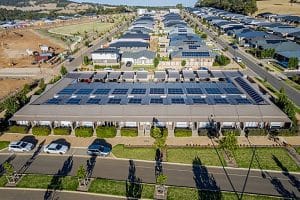Australian households will get lower power bills and increased reliability under a new electricity demand response management scheme released this week.
The aim of demand response management is to put less pressure on the electricity grid during peak power usage. This new incentive from the Australian Energy Regulator (AER) could lead to demand management investment of up to $1 billion over five years.
Electricity customers will be able to opt in to a demand management scheme offered by their energy retailer. This will help people manage household usage and make better use of rooftop solar systems.
Support for demand response management averts costly infrastructure
A community effort to get behind demand response would make costly infrastructure like diesel generators unnecessary in some situations.

Rather than relying on generators, a network of distributors and households would regulate electricity flow through smart technology.
AER board member Jim Cox said Australians want lower power bills while also getting more value from their solar and battery systems.
“This AER scheme allows consumers the choice to work with their electricity distributor to reduce their own usage at times of high demand,” he said.
“This not only lightens the load on the network, but also decreases the need for expensive investment in infrastructure.”
Households could join a Virtual Power Plant
Practical examples of demand management technology include Virtual Power Plants, which group together solar batteries from across several homes.
There are also schemes where customers agree to reduce energy used by appliances like air-conditioners during peak demand times.
AER says transmission and distribution network costs make up about half of household power bills. It aims to make sure consumers pay no more than necessary for safe, secure and reliable power.
“Our stakeholders have helped us to shape this new incentive scheme,” Mr Cox said.
“Network businesses are demonstrating genuine interest in better integrating demand-side solutions into their business practices. Consumer groups have supported electricity distribution businesses doing more.”
It seems cooperation within community/business alliances, rather than new coal-fired power stations, is the solution for a reliable power future.







































